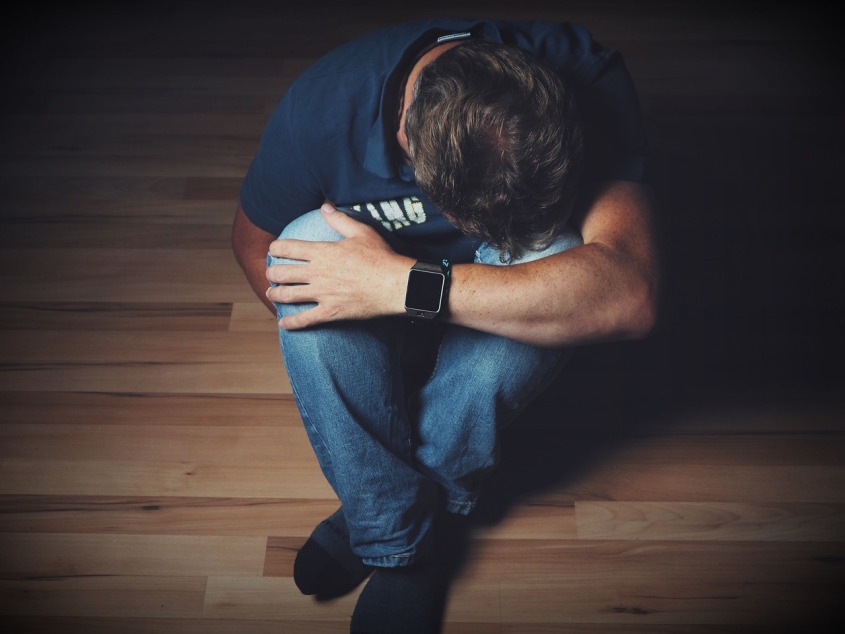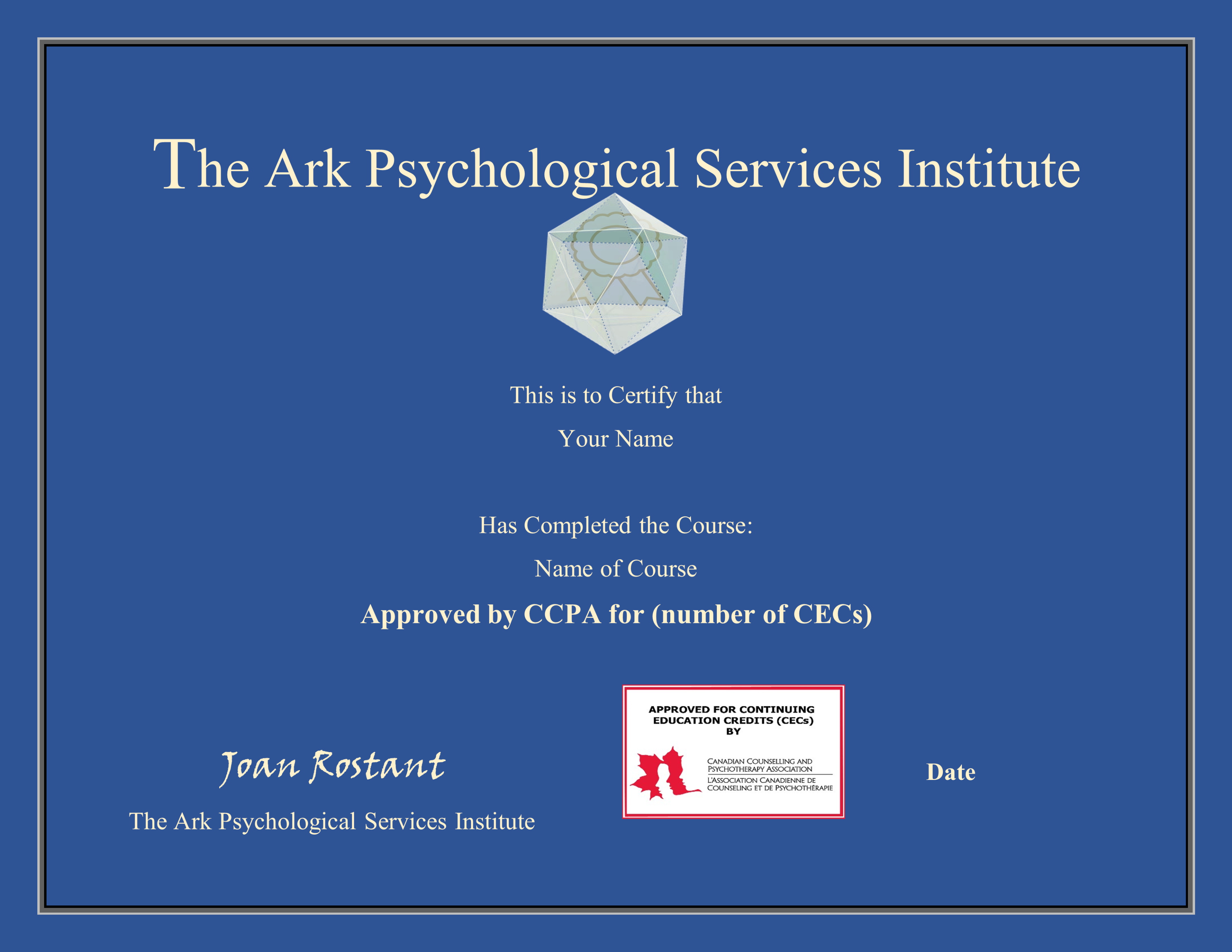Joan A. Rostant PhD jrostant@protonmail.com
Contributing to healing humanity one person at a time

Counselling
Why Counselling?
Mental health is part of overall health, but in today's world our mental health, like our physical health, is challenged in ways that require us to seek support to bring us back into balance, back into our true essence.
When Exactly Should I seek Therapy?
Counselling will be helpful if you are experiencing any of the symptoms listed below. Remember that the self is indivisible and so the following are listed separately for convenience. As such, it is possible to experience more than one of the following at the same time:
Depression: Are you experiencing feelings of sadness, tearfulness, emptiness, or hopelessness? Are you always tired, lacking energy, feeling worthless and other such feelings?
Are these feelings affecting your sleeping patterns or thinking ability?
Do you feel that these experiences are stealing your joy of life and living?
Let's collaborate to potentially give you back your power, energy, true essence, and joy.
Anxiety: Do you always worry about everything? Do you experience fear, terror, nervousness, tension, panic, and/or other challenging experiences?
Anxiety can affect your heart rate, sleep, ability to concentrate, and other such physical effects. You don't have to live with anxiety.
Relationship issues: Are you dealing with guilt, lying, deceit, betrayal, infidelity, shame, resentment, anger, revenge, and other such issues?
If these issues are not dealt with, they could impact the quality of your life and relationships going forward.
General family issues: Are you dealing with disappointment, resentment, drama, conflicts, feelings of disconnect, family stress, isolation, communication struggles, coping with an addict, and other such challenging emotional issues?
Research has shown links between one's mental well-being and diabetes, cancer, heart issues, insomnia, and even arthritis. Remember that there is a bi-directional relationship between your mental health and your physical health.
Ethnic/Minority/ Social Justice issues: Are you struggling with the fall-out of negative systemic societal structures? Let's collaborate to potentially alleviate the emotionally stressful consequences of this fallout.
Work-related issues: Are you experiencing depression, anxiety, managing toxic work environments, including difficult relationships in the workplace, feelings of uncertainty, feeling disenfranchised, and other such issues?
Make an appointment, we will work through these together.
Academic Challenges: seek coaching.
Everyday issues of ageing
Grief and loss
Loneliness, feeling isolated
Self-sabotaging
The sandwich generation
Caregiver stress
Self-defeating beliefs
Issues with self-acceptance
Anger issues
Feeling hopeless
Issues with shame, guilt, resentment, and/or revenge
Existential issues (negative or unhelpful thoughts/beliefs about life's meaning and purpose)
Phobias, and other such emotionally stressful issues
___________________________________________________________________
What are My Therapeutic Approaches?
My therapeutic approaches are grounded in (a) Both Eastern and Western wellness traditions (b) Spiritual traditions, and (c) philosophical wisdom traditions
Why Wellness Counselling?
Taking a wellness approach to counselling is important because emotional pain may not only be about your emotional self. For example:
Many couples experience emotional struggles emanating from their individual responses to financial issues and differing beliefs about money.
Some instances of insomnia could be linked to medications or diet.
Some physical pains could be stored energy from past traumatic experiences.
As such, I work with clients to reach their goals for well-being from a holistic perspective.
What Should You Expect?
The same standard of training and ethical behaviour that you would expect from your doctor is similar to what you could expect from your counsellor.
Just as your doctor works collaboratively with you to help with your physical well-being (you explain to the doctor how you are feeling, etc.,), wellness counsellors also work collaboratively with you, in a supportive confidential role, to improve the well-being of your mental, emotional, behavioural, spiritual, social, and other such dimensions of your life.
Although your doctor would give you the best intervention and prescription to help with your physical well-being, it is up to you to follow his/her prescriptions to regain your physical health, right?
Similarly, as a wellness counsellor, I will collaborate with you in a supportive way, to help you to identify the root causes of issues and to offer treatment options for your consideration.
This collaboration is to help you to explore your options. The purpose is to alleviate the symptoms of any past or present upsetting emotional distress and/or to support you as you work through unhelpful and unhealthy life patterns to regain your true essence and your goals for well-being.
What if My Issues Are...?
Just as there is no shame in discussing the most intimate aspects of your life with your doctor, so too, there is no shame in speaking about your fears, sadness, traumatic experiences, disappointments, shame, guilt, revenge, depression, anxiety, and other such emotions with your counsellor.
Similarly, just as you don't expect your doctor to discuss your visit with others. So too, you can expect that your session with your counsellor will be confidential.
Can I Tell You Anything?
Yes, you can; however, just as your doctor has limits to confidentiality to protect you and/or the public good, so too counselling also has limits to confidentiality to protect clients and/or the public good. These limits are outlined in the Privacy Agreement.
Unless there is a life-threatening situation, I cannot reveal any aspect of your therapy session without first discussing it with you. These situations, including your right to privacy, are more fully outlined in the Privacy Agreement.
Just as your doctor may have chosen medicine as a calling; perhaps, in response to a personal health-crisis, or moved to action by a health-crisis experienced by a loved one, so too your counsellor may have also chosen the profession of counselling after benefiting from the counselling process. He/she may have been moved to help others who would have had a similar life experience.
For example, some addiction counsellors are, themselves, recovering addicts.
In fact, some counsellors who specialize in one or a few areas such as eating disorders, bullying, marital issues, dysregulated family issues, and other such life challenges were themselves helped through the counselling process and have gotten a calling to formalize their training so that they can help others.
In fact, since a counsellor cannot take a client where he or she is not prepared to go, counsellors, as part of their graduate programs, usually put themselves through the counselling process.
Notwithstanding the above, counsellors do not necessarily have to have had the life experience of the client in order to help the client. For instance, as I type these words many victims of crime including human trafficking are being helped by counsellors who did not have those experiences.
In general, I am here to support you and/or your loved ones through life's painful challenges.
You can contact me at jrostant@protonmail.com
© 2024 theark.services
